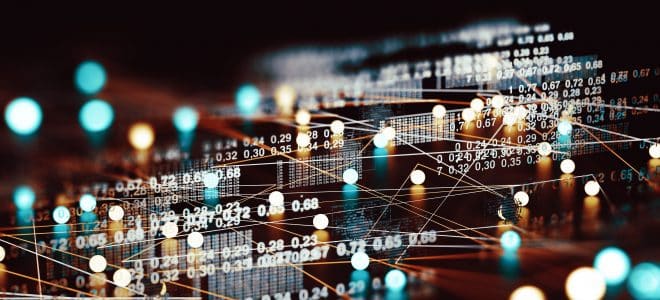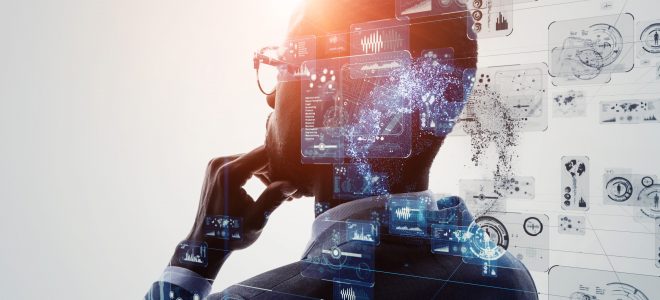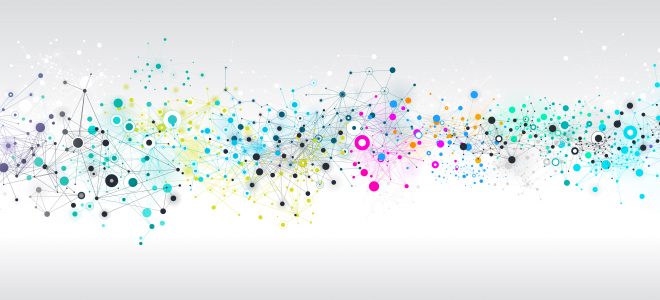Machine Learning and Artificial Intelligence
Machine learning is a branch of artificial intelligence in which machines learn to perform tasks by processing data. These tasks include making predictions, clustering similar data, and taking action.
Join Our Team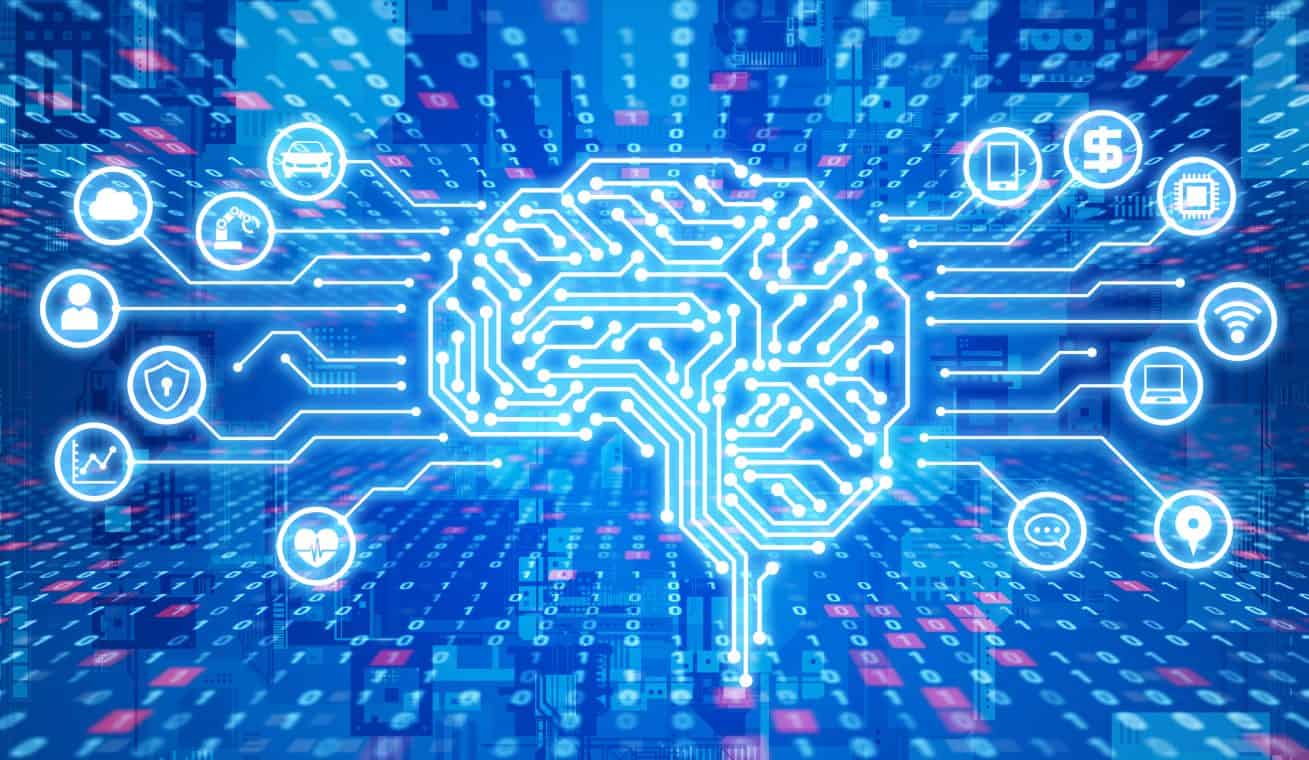
Machine learning develops the theory, models, and algorithms that allow computer programmers to create applications that progressively improve at their task as they function.
3 Types of Machine Learning
Supervised learning – Train a model that relates an input x to an output y. These models range from simple linear regressions to multi-layer (deep) neural networks. Applications include making predictions, classifying objects in images, and evaluating loan applications.
Unsupervised learning – Train a model to cluster data into similar groups or reduce the dimensionality of the data. Applications include personalized recommendation systems, anomaly detection, and big data visualization.
Reinforcement learning – Train a model to discover a sequence of actions to satisfy a goal based on trial-and-error feedback. Applications include self-driving cars, playing video games, and robotic manipulation.
Metron has developed customized applications using all three types of machine learning.
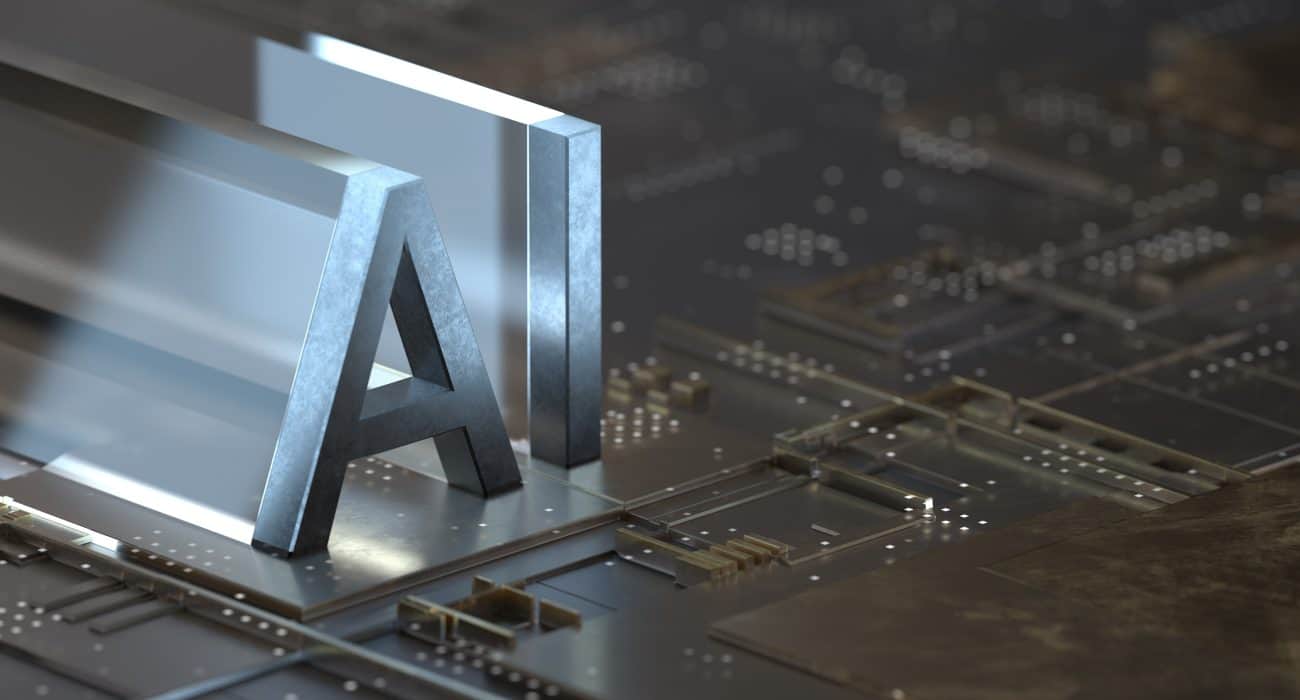
Building User Confidence in Machine Learning/AI
Metron machine learning scientists specialize in estimating uncertainty for learning models, an important step in gaining and validating user trust in deep neural network (DNN) models.
Trained deep neural network models operate a bit like a true function. Given any input, the model will produce an output. However, the functional relationship between these inputs and outputs is so complex that it is nearly impossible for a user to interpret. In some cases, small changes in the input can cause significant changes in the output. And if the input is significantly different than the training data, then the output is simply a guess. To trust the model when making decisions, users need to know how reliable the output is.
Metron scientists create machine learning models capable of assessing their predictions as high or low confidence as well as providing support for that assessment. This helps users understand the subtleties of deep neural network models so they can properly interpret and act on the output.
Customized AI Solutions
Metron develops and trains machine learning models that are customized to meet our clients’ needs. We perform research into novel neural network architectures and other machine learning topics, advancing the state of the art where appropriate. Our experience includes deep neural networks, Bayesian neural networks, Gaussian processes, as well as applications of shallow learning models such as Bayesian networks, random forest, naive Bayes, and logistic regression, among others. We developed novel classifiers for problems with large class imbalance (i.e., where one small group of interest is buried in large amounts of noise).
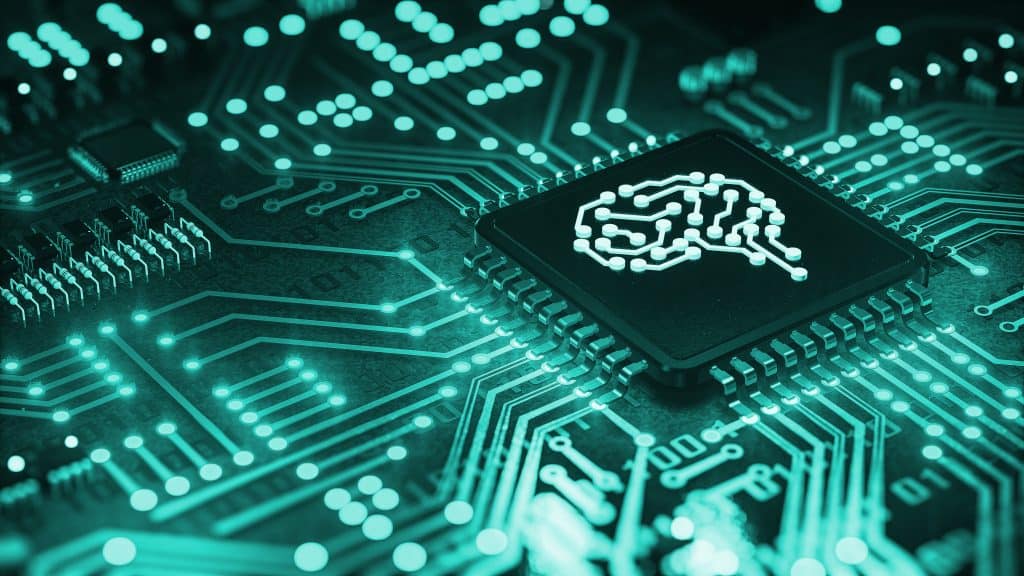
Feature Engineering
The key to our successful application of learning methods is feature engineering. We design and extract custom features specific to our data. While deep learning has shown that, with enough data, effective feature sets can be automatically discovered as a part of the model training process, we find that the novel and exciting problems never seem to have enough data to do that. To tackle these problems, Metron starts with a deep understanding of the physical, mathematical, and statistical properties of our data. We use this understanding to construct features that capture known properties and processes present in our data. Such features are not only inherently explainable, but also encode outside information that is not contained in the data. By carefully engineering our features, we can successfully address new and interesting problems, even if they have little or no data.
Our models have been successfully applied to problems such as video processing, image classification, audio enhancement, social media topic analysis, time series prediction and classification, training agents to navigate environments, anomaly detection for trajectories, predictions from graph sequences, and anomaly detection for acoustic signals.
To meet the needs of big data problems, Metron maintains an internal computing cluster and employs experts capable of writing distributed algorithms to efficiently train and apply challenging machine learning models. We have integrated these solutions into clusters managed by our clients and in commercial cloud computing platforms such as Amazon Web Services (AWS).
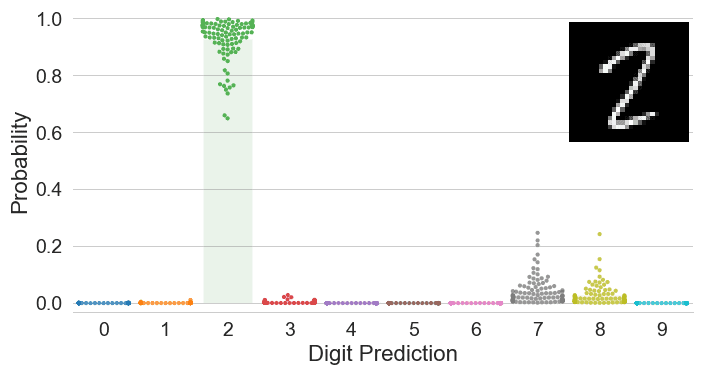
Feature engineering enables Metron to produce better AI image recognition results in less time.

Metron Careers
Machine Learning Career Opportunities
Metron hires data scientists with experience researching novel approaches that advance the state of the art. Our data scientists apply these innovations to new problem domains working alongside subject matter experts. They are familiar with machine learning tools and pipelines and work with software engineers to integrate solutions into client systems.

